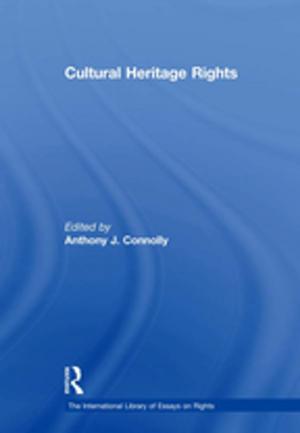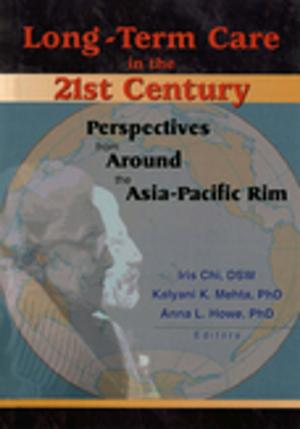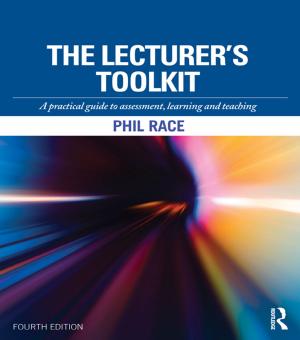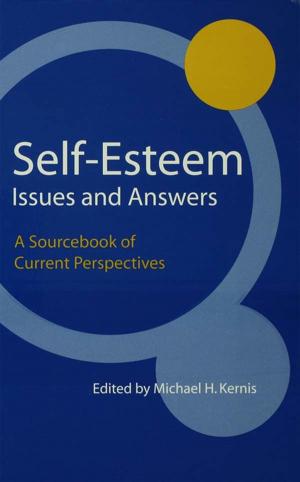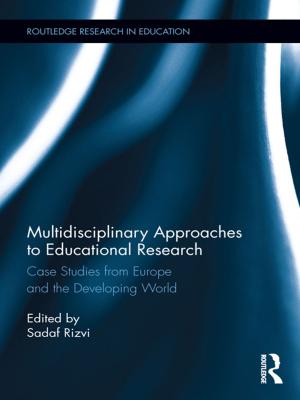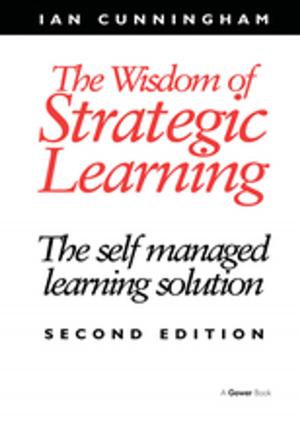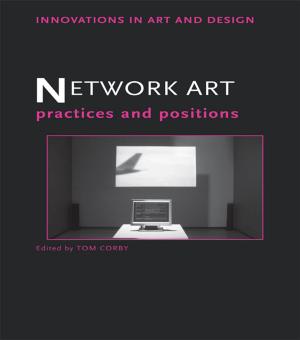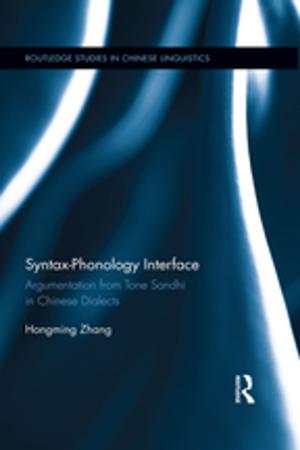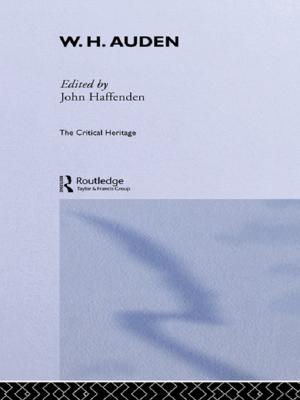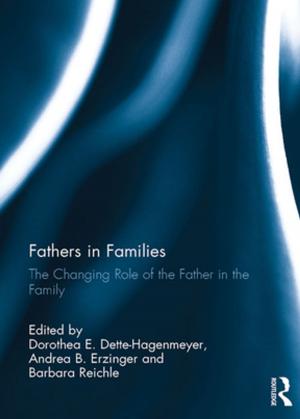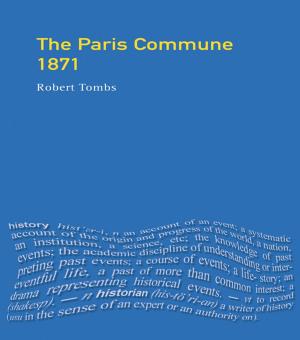| Author: | Jan-Olav Henriksen | ISBN: | 9781317068341 |
| Publisher: | Taylor and Francis | Publication: | April 8, 2016 |
| Imprint: | Routledge | Language: | English |
| Author: | Jan-Olav Henriksen |
| ISBN: | 9781317068341 |
| Publisher: | Taylor and Francis |
| Publication: | April 8, 2016 |
| Imprint: | Routledge |
| Language: | English |
Religion is not only about understanding the world - it is just as much about how to develop and shape the self’s experience of itself. Because the religious self is shaped by our symbols of God - and symbols of God are also shaped by the self, theology and philosophy of religion cannot ignore this interplay, or the psychological dimension, when they discuss what symbols of God are adequate and not. By discussing critically different ways the symbol of God functions in the formation of the self, the book develops a nuanced and original approach to the interplay between God and the self. It suggests that play is actually an important metaphor in order to develop a dynamic understanding of religion’s way of relating God and the Self. This approach challenges understandings of religion focussing only its cognitive claims, as well as those who emphasize doctrinal orthodoxy as the most important element in religion.
Religion is not only about understanding the world - it is just as much about how to develop and shape the self’s experience of itself. Because the religious self is shaped by our symbols of God - and symbols of God are also shaped by the self, theology and philosophy of religion cannot ignore this interplay, or the psychological dimension, when they discuss what symbols of God are adequate and not. By discussing critically different ways the symbol of God functions in the formation of the self, the book develops a nuanced and original approach to the interplay between God and the self. It suggests that play is actually an important metaphor in order to develop a dynamic understanding of religion’s way of relating God and the Self. This approach challenges understandings of religion focussing only its cognitive claims, as well as those who emphasize doctrinal orthodoxy as the most important element in religion.

